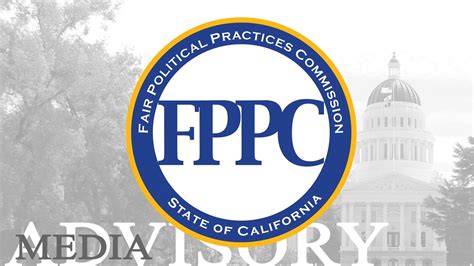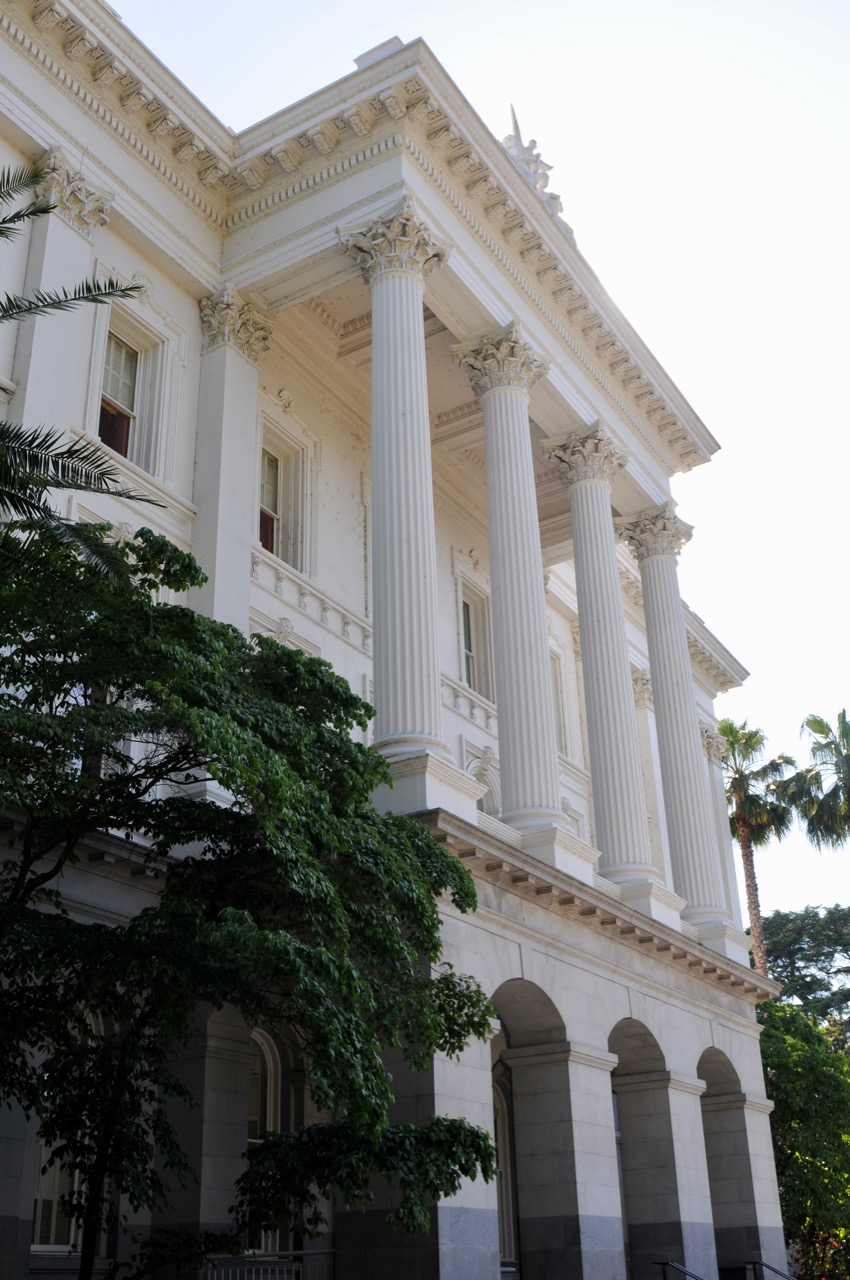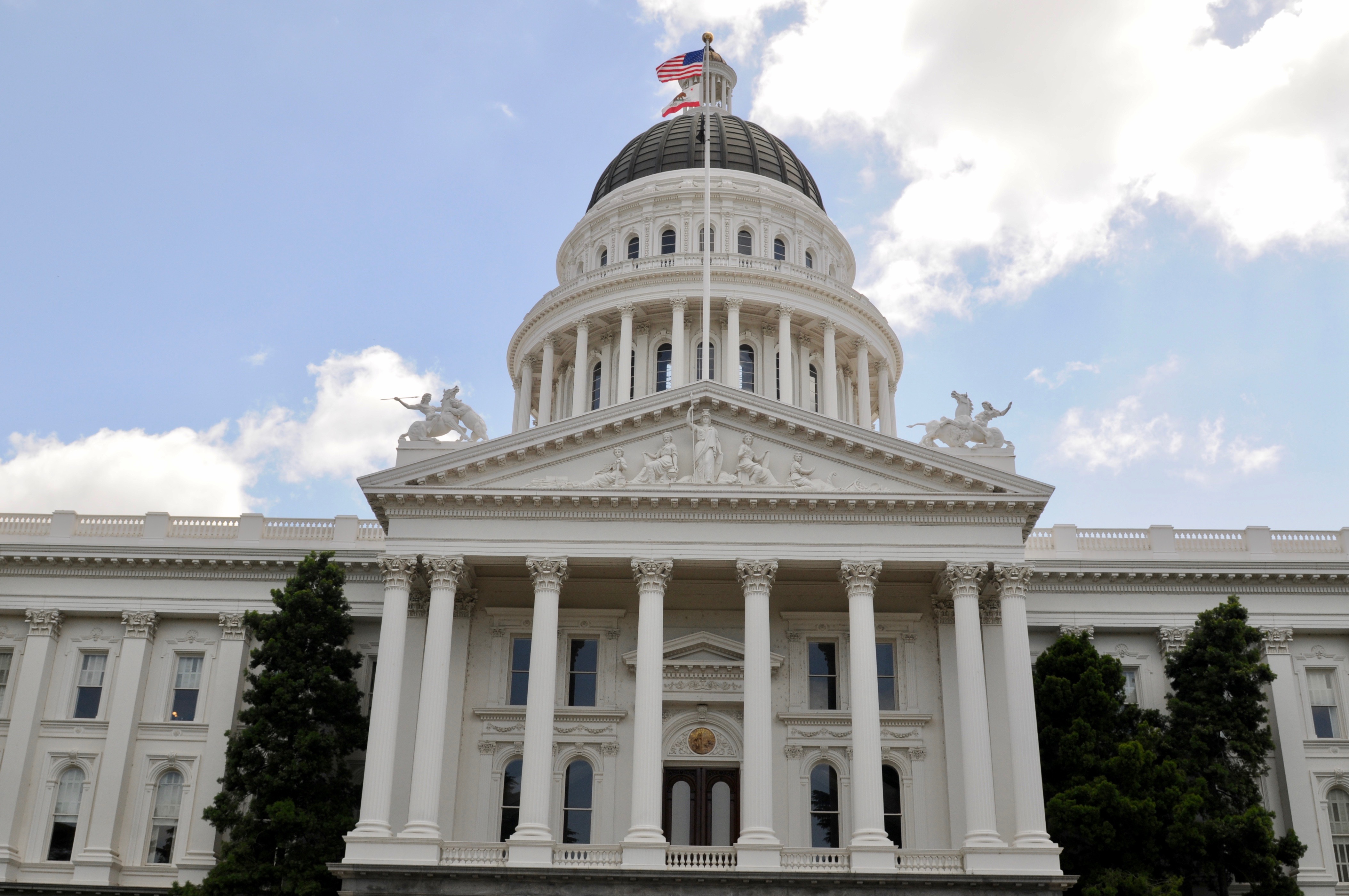
FPPC logo. (Photo: fppc.ca.gov)
Statements of Economic Interest by California Public Officials
The FPPC may make all the data filed on a system available on the Commission’s internet website
By Chris Micheli, January 20, 2022 6:55 am
California Government Code Title 9, Chapter 7, Article 5 requires statements of economic interests (SEI) to be filed as part of the conflict of interest laws. Section 87500 requires SEI to be filed as follows:
- Statewide elected officers—one original with the agency, which will make and retain a copy and forward the original to the Fair Political Practices Commission.
- Candidates for statewide elective office—one original and one copy with the person with whom the candidate’s declaration of candidacy is filed, who forwards the original to the FPPC.
- Members of the Legislature and State Board of Equalization—one original with the agency, which makes and retains a copy and forward the original to the FPPC.
- Candidates for the Legislature or the State Board of Equalization—one original and one copy with the person with whom the candidate’s declaration of candidacy is filed, who forwards the original to the FPPC.
- Persons holding the office of chief administrative officer and candidates for and persons holding the office of district attorney, county counsel, county treasurer, and member of the board of supervisors—one original with the county clerk, who makes and retains a copy and forwards the original to the FPPC.
- Persons holding the office of city manager or, if there is no city manager, the chief administrative officer, and candidates for and persons holding the office of city council member, city treasurer, city attorney, and mayor—one original with the city clerk, who makes and retains a copy and forwards the original to the FPPC.
- Members of the Public Utilities Commission, members of the State Energy Resources Conservation and Development Commission, planning commissioners, and members of the California Coastal Commission—one original with the agency, which makes and retains a copy and forwards the original to the FPPC.
- Persons appointed to other state boards, commissions, or similar multimember bodies of the state—one original with the respective board, commission, or body.
- Members of the Fair Political Practices Commission—one original with the Commission, which makes and retains a copy and forwards the original to the office of the Attorney General.
- Judges and court commissioners—one original with the clerk of the court, who makes and retains a copy and forwards the original to the FPPC.
- Heads of agencies, members of boards or commissions not under a department of state government, and members of boards or commissions not under the jurisdiction of a local legislative body—one original with the agency, which makes and retains a copy and forwards the original to the code reviewing body.
- Heads of local government agencies and members of local government boards or commissions, for which the Fair Political Practices Commission is the code reviewing body—one original to the agency or board or commission.
- Designated employees of the Legislature—one original with the house of the Legislature by which the designated employee is employed.
- Designated employees under contract to more than one joint powers insurance agency and who elect to file a multiagency statement—the original of the statement with the FPPC.
- Members of a state licensing or regulatory board, bureau, or commission—one original with the agency, which makes and retains a copy and forwards the original to the FPPC.
- Persons not mentioned above—one original with the agency or with the code reviewing body.
Section 87500.2 allows an agency to permit the electronic filing of a statement of economic interests in accordance with regulations adopted by the FPPC. The FPPC is required to use common database integration features in developing database design requirements for all electronic filings that may be used. An agency is prohibited from charging a person to electronically file a statement of economic interests.
In addition, Section 87500.2 requires an agency’s proposed electronic filing system to meet the following requirements:
- A statement of economic interests filed electronically must include an electronic transmission that is submitted under penalty of perjury.
- The agency’s filing officer must issue to a person who electronically files their SEI an electronic confirmation that notifies the filer that their SEI was received.
- The agency must utilize an electronic filing system that includes layered security to ensure data integrity.
- The agency must provide the public with a copy of an official’s statement of economic interests upon request.
Furthermore, the FPPC may adopt regulations to require that an agency redact information on a statement of economic interests prior to posting the statement of economic interests on the internet. The FPPC may conduct discretionary audits of an agency’s approved and certified electronic filing system to evaluate its performance and compliance with the requirements of this section. The FPPC must accept an electronic copy of a statement of economic interests that is forwarded to it by an agency that has received an electronically filed statement from a filer pursuant to this section.
Section 87500.3 authorizes the FPPC to develop and operate an online system for filing statements of economic interests. Such an online system must enable a filer to comply with the requirements of this chapter and must include specified information, such as security safeguards.
In addition, the FPPC may make all the data filed on a system available on the Commission’s internet website in an easily understood format that provides the greatest public access, and the FPPC must provide assistance to those seeking public access to the information.
Section 87500.4 specifies that, if the FPPC establishes an online system, then the FPPC must make clear which categories of persons may file statements of economic interests electronically through the online system established by the FPPC.
Section 87505 requires each city clerk or county clerk who maintains an Internet Web site to post on that Internet Web site a notification that includes specified information.
- Voiding or Rescinding a Declaration of Minor Emancipation - January 1, 2026
- Location of a Missing Party in Child Custody Cases - December 31, 2025
- Valuation for Eminent Domain - December 31, 2025




